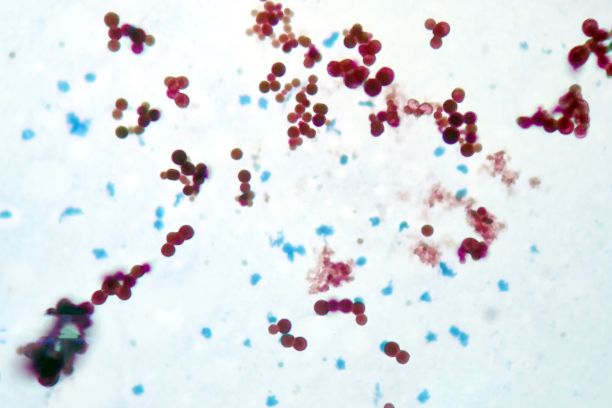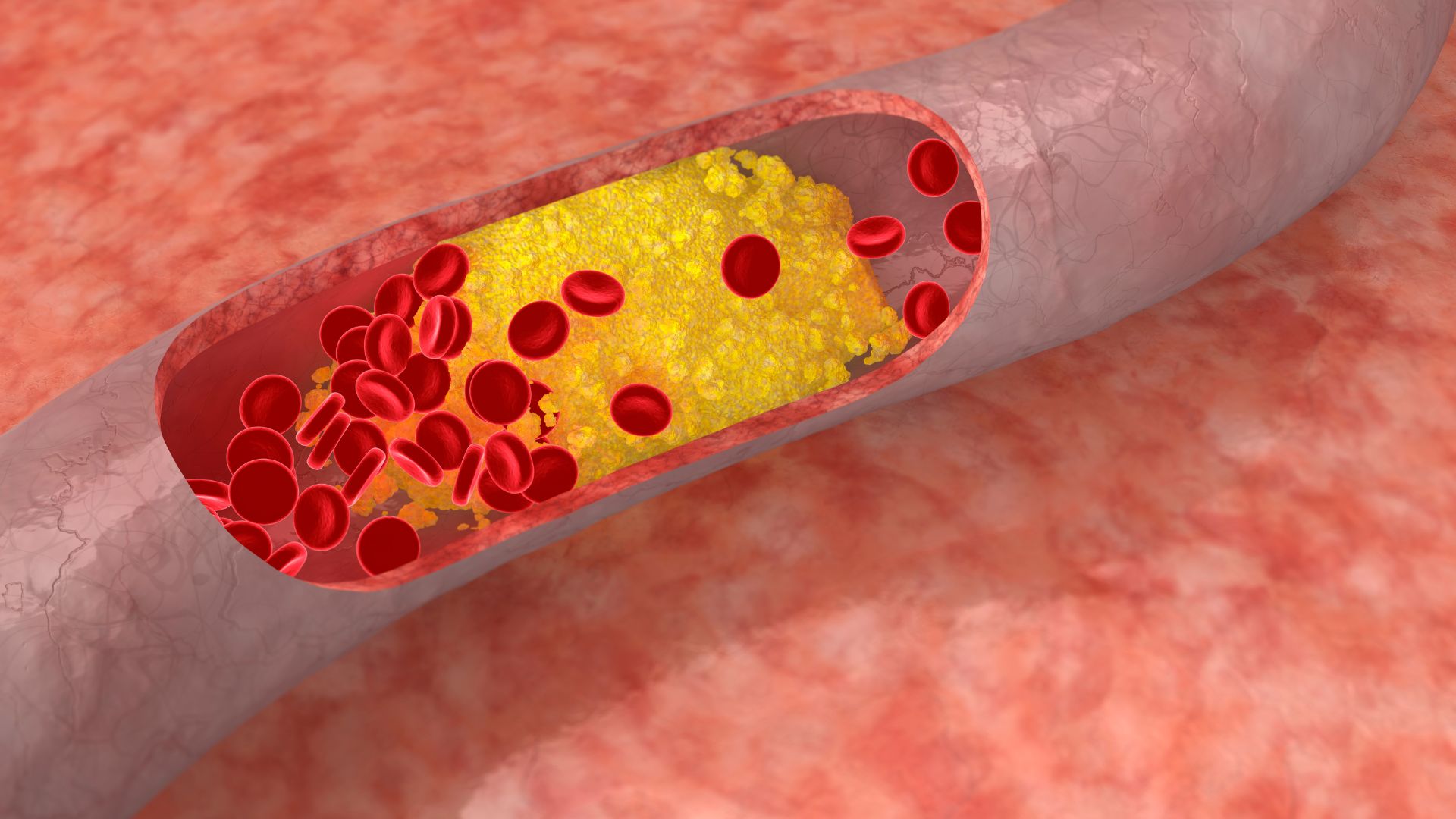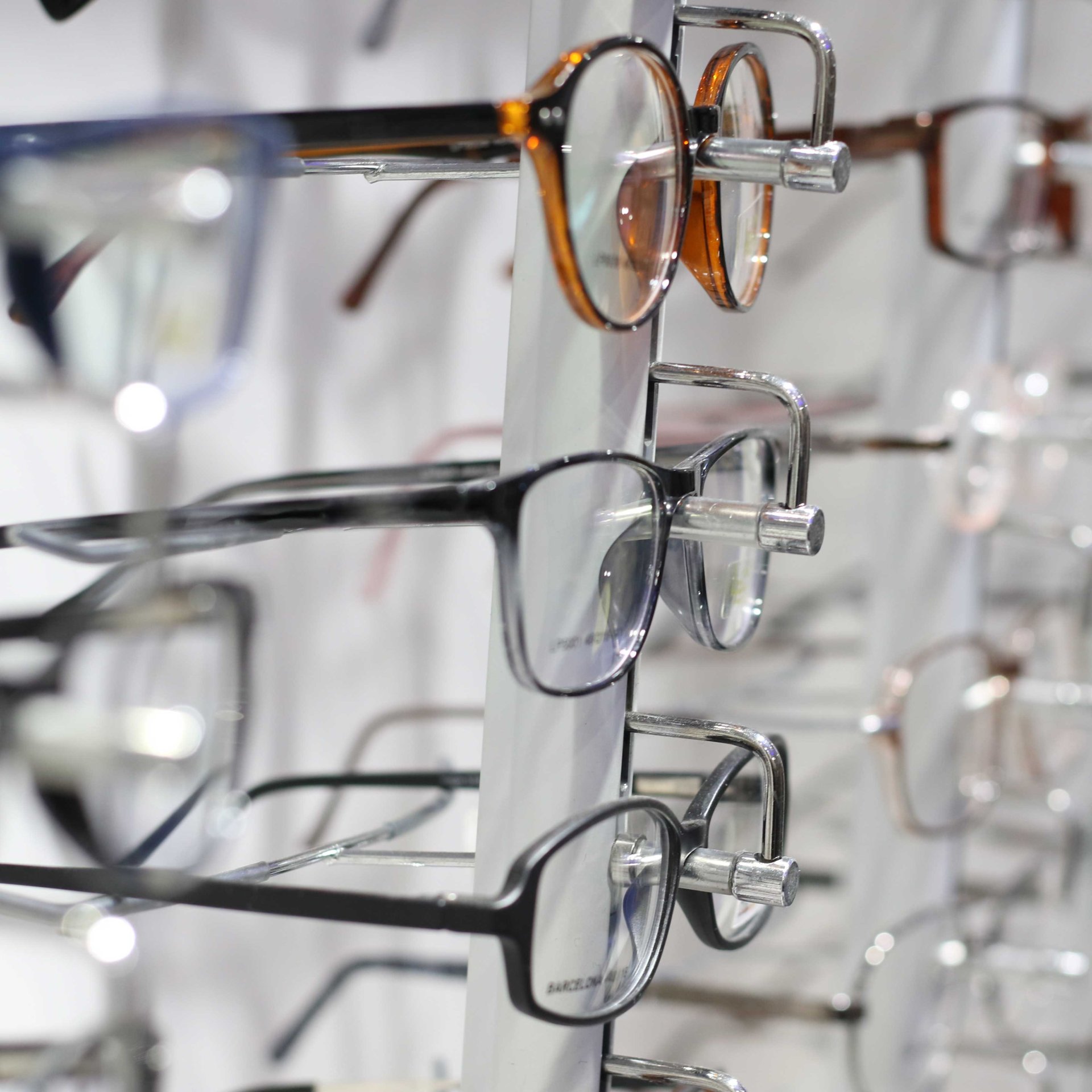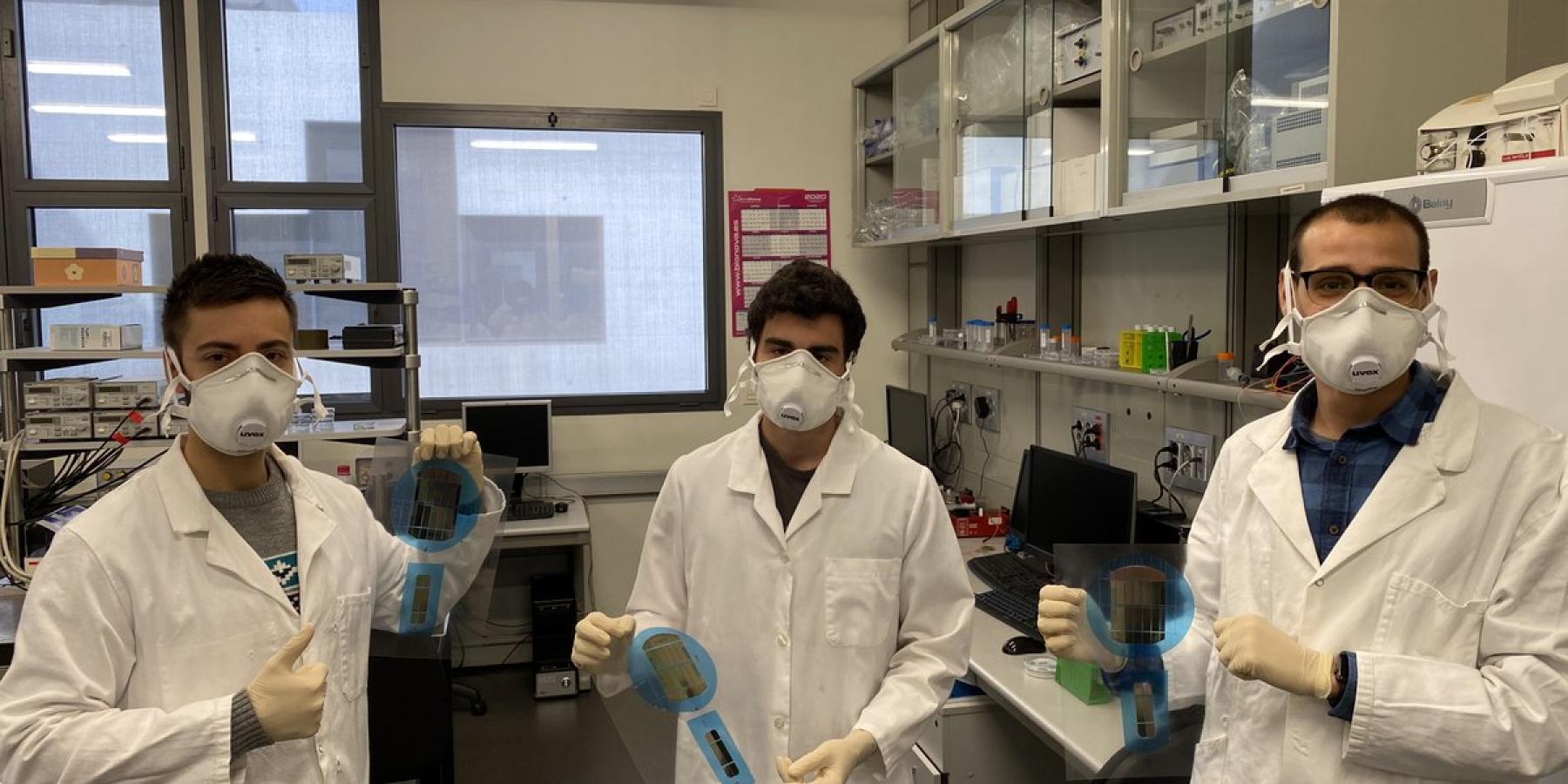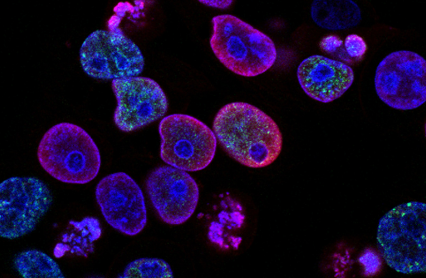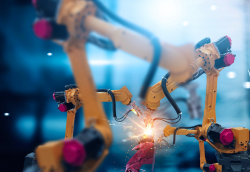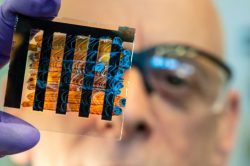There is no area in which there is a greater consensus on the need to invest in research and innovation than in the health sector. This requires a strong collaboration of health professionals, tech innovators, scientists and governments. The use of deep technologies converts medical diagnosis, treatment or rehabilitation just as well as manufacturing of medical devices into a much more efficient process.
The UN’s sustainable development goal (SDG) receiving the most deep tech attention is good health and well-being with 51%. Investments in research, technology and innovation are crucial to develop smart, scalable and sustainable solutions aiming to overcome global challenges regarding health, demographic change and wellbeing. This requires a strong collaboration of health professionals, tech innovators, scientists and governments.
The use of deep technologies such as lasers, 3D printing technology, LED technology, innovative advanced image sensors, artificial intelligence, robots and drones, bio- and nanotechnology or blockchain converts medical diagnosis, treatment or rehabilitation just as well as manufacturing of medical devices into a much more efficient process. Remote medical assistance through IoT, wearables allowing constant monitoring, artificial intelligence and robotics assisting surgeons in operating rooms, sensors generating behavioral, clinical, environmental, pharmaceutical or biological data are only a few examples of deep tech revolutionising the healthcare sector.
Projects that are a reality: see our success stories
The pandemic accelerated the technological innovation process in the health sector worldwide.
Since the outbreak of COVID-19, technological applications and initiatives have multiplied in an attempt to control the situation, treat patients effectively and to ease the efforts of overburdened healthcare workers, while waiting for an effective vaccine available to the whole population.




